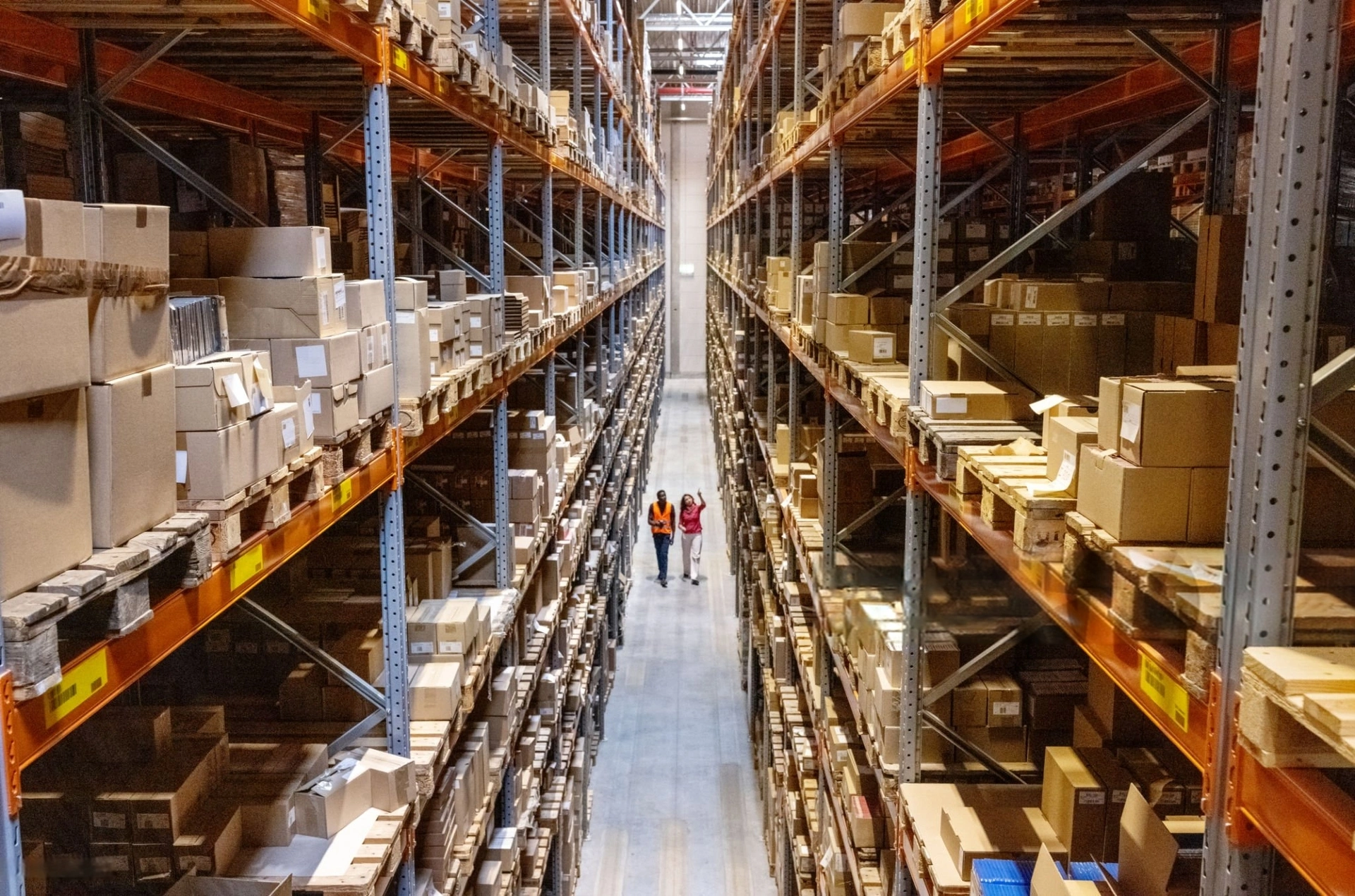The UK economy depends on the logistics and transport sector to make sure that goods and services get where they need to go quickly. With new technologies, efforts to be more environmentally friendly, and rules related to Brexit, employers are searching for people who can adapt and have the right skills.
Before going to an interview, find out about the latest trends, major players, and possible problems in the field. Employers like candidates who show they are aware of changes in their field.
Steps to Prepare for a Transport and Logistics Job Interview
Research the Company and Role:
- Explore the company’s history, values, and services.
- Understand their role within the logistics and transport industry.
- Familiarise yourself with their latest projects and market position.
- Read recent news and press releases to grasp their strategic direction.
Understand Job Requirements and Responsibilities:
Roles in transport and logistics range from HGV drivers to supply chain managers. Make sure you are aware of the duties involved in the position for which you applied. Examine the job description to make sure your qualifications match the requirements.
Prepare for Common Logistics and Transport Interview Questions:
General Questions:-
- Can you tell us about yourself and your experience in logistics?
- Why do you want to work for our company?
- What do you know about our transport operations?
Technical and Role-Specific Questions:-
- How do you manage tight delivery deadlines and unexpected disruptions?
- Explain how you would optimise a transport route for cost-effectiveness.
- What strategies do you use to ensure compliance with transport regulations?
- How familiar are you with fleet management software?
Behavioural and Situational Questions:-
- How do you handle supply chain disruptions?
- Can you describe a time when you improved efficiency in a transport operation?
- How do you ensure compliance with UK transport regulations?
- How do you handle disagreements between drivers and warehouse teams?
Prepare answers using the STAR (Situation, Task, Action, Result) method to structure your responses effectively.
Demonstrating Key Skills and Competencies
Technical Knowledge and Compliance Awareness:
Companies want to hire people who know how to use logistics software, plan routes, and follow UK transport rules like:
- Health and Safety Executive (HSE) guidelines
- Driver Certificate of Professional Competence (CPC)
- Brexit-related customs procedures
Problem-Solving and Decision-Making:
Logistics professionals must quickly address unexpected problems such as supply chain delays and vehicle breakdowns. Show off your ability to make quick decisions based on data.
Communication and Teamwork:
It’s important to be able to talk to drivers, warehouse workers, and management. Show how you worked with others, handled conflicts, and led others in previous jobs.
Practical Interview Preparation Tips
Dress Professionally and Be Punctual:
First impressions matter. Unless otherwise instructed, dress professionally. Arrive at least 10 minutes early to show consistency and punctuality.
Bring Relevant Documents:
Carry several copies of your resume, professional certifications, and references. Some jobs may require You may need to provide proof of licensing, such as an HGV driving license or CPC certification.
Practice Mock Interviews:
Practice answering questions in interviews with a mentor or on the internet. It boosts confidence and lowers anxiety on the day of the interview to practice out loud.
Making a Strong Impression During the Interview
Show Enthusiasm and Industry Knowledge:
Employers value candidates who demonstrate a genuine interest in the field. Share information on industry trends, technological advancements, and sustainability initiatives such as electric fleet adoption.
Ask Insightful Questions:
Prepare thoughtful questions such as:-
- What are the company’s biggest logistical challenges?
- How does the company integrate technology into its transport operations?
- What opportunities exist for career progression within the organisation?
Follow Up with a Thank You Note:
Send a thank-you email within 24 hours, letting them know how excited you are about the job and how grateful you are for the chance. This makes a good impression and makes you want the job even more.
Final Checklist for Logistics and Transport Interview Success
Your prospects of landing a job in the UK’s logistics and transport industry in 2025 will improve if you follow this methodical process. To stand out in such a competitive industry, one must be well-prepared and confident.
Can you move on to the next stage? Using these methods, you can confidently begin your job search right now!


